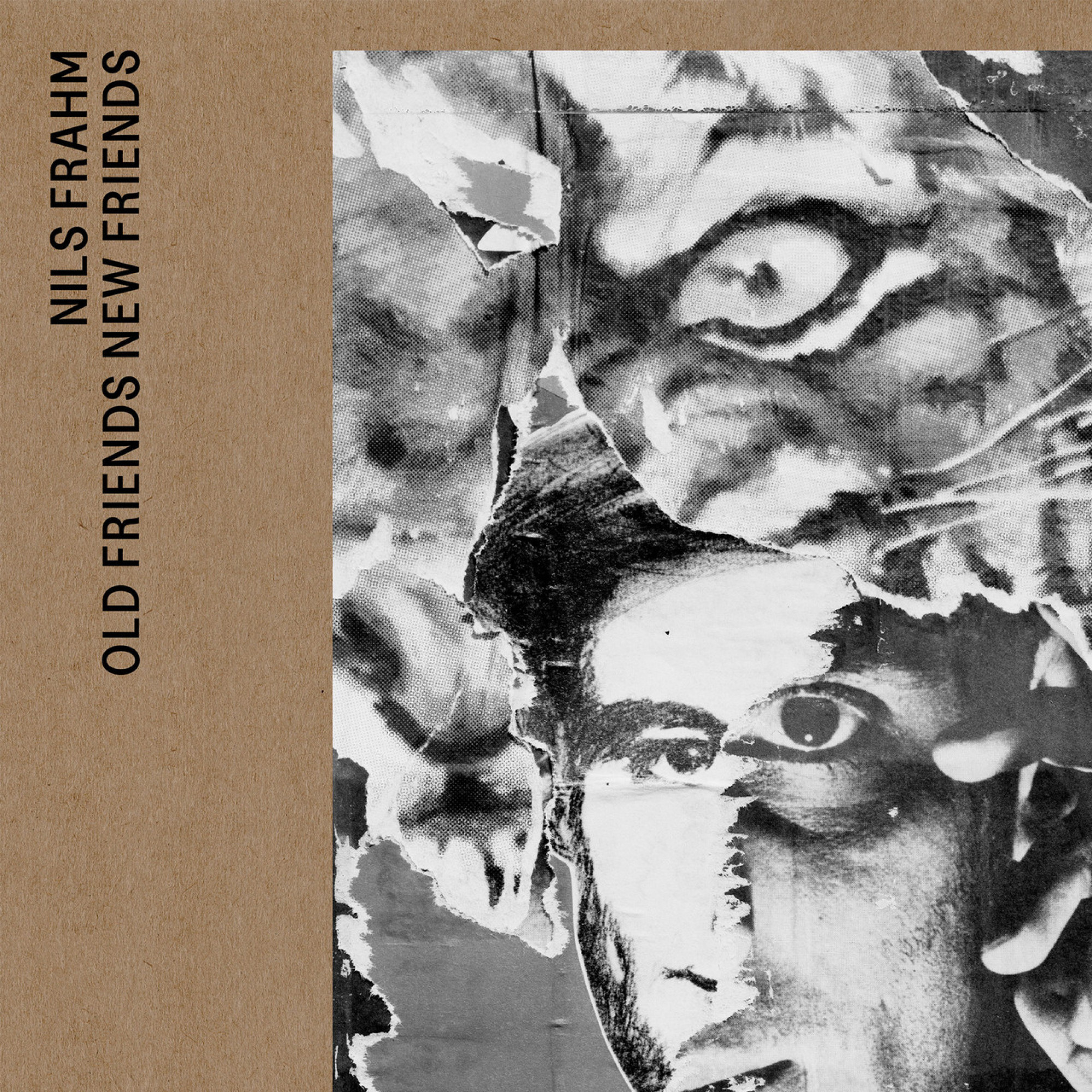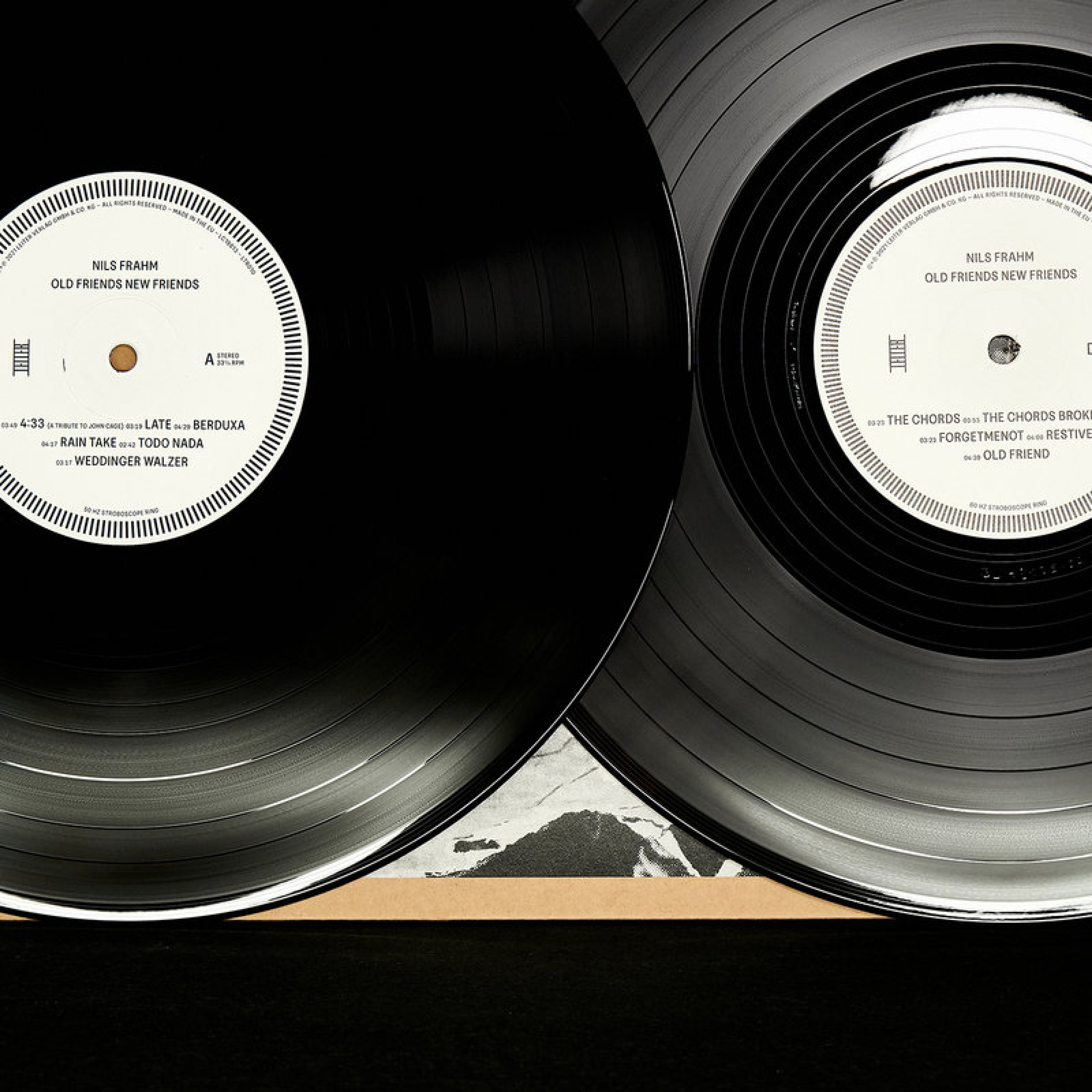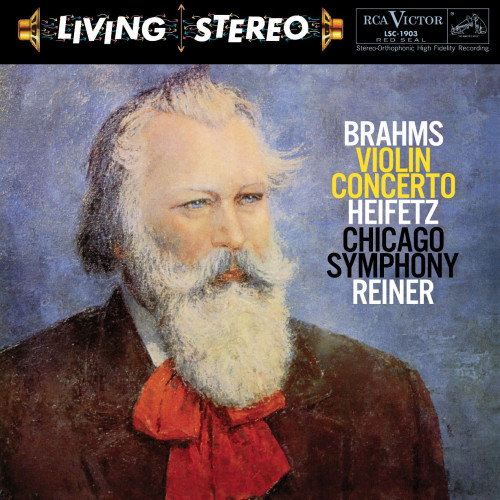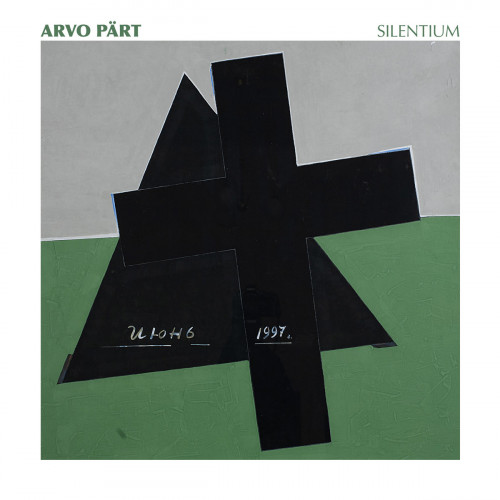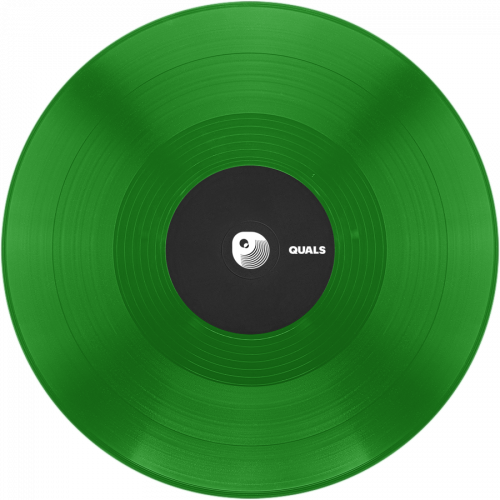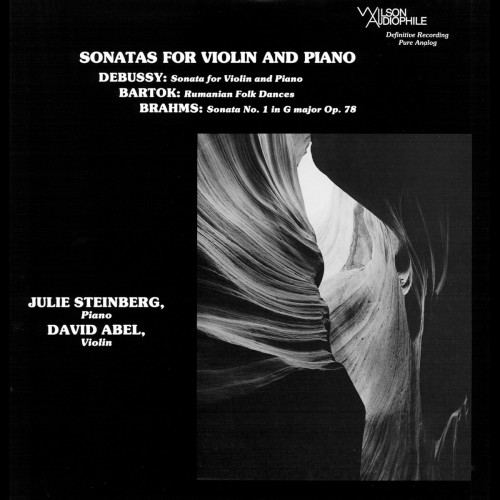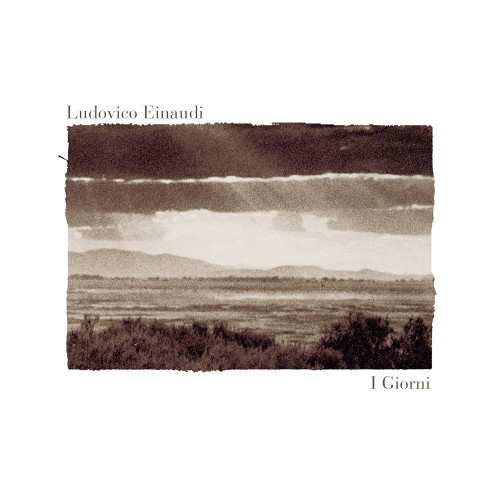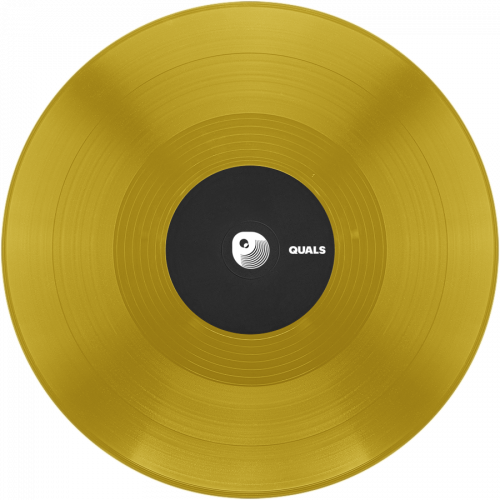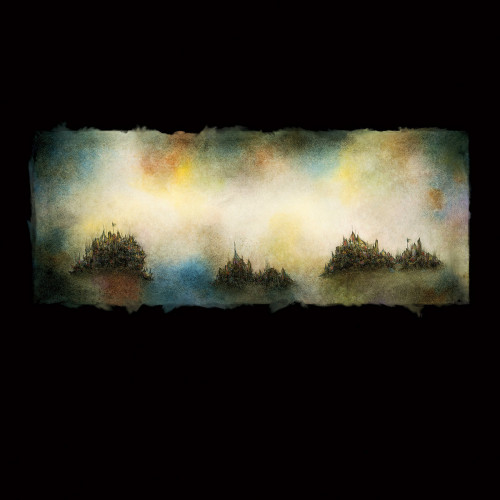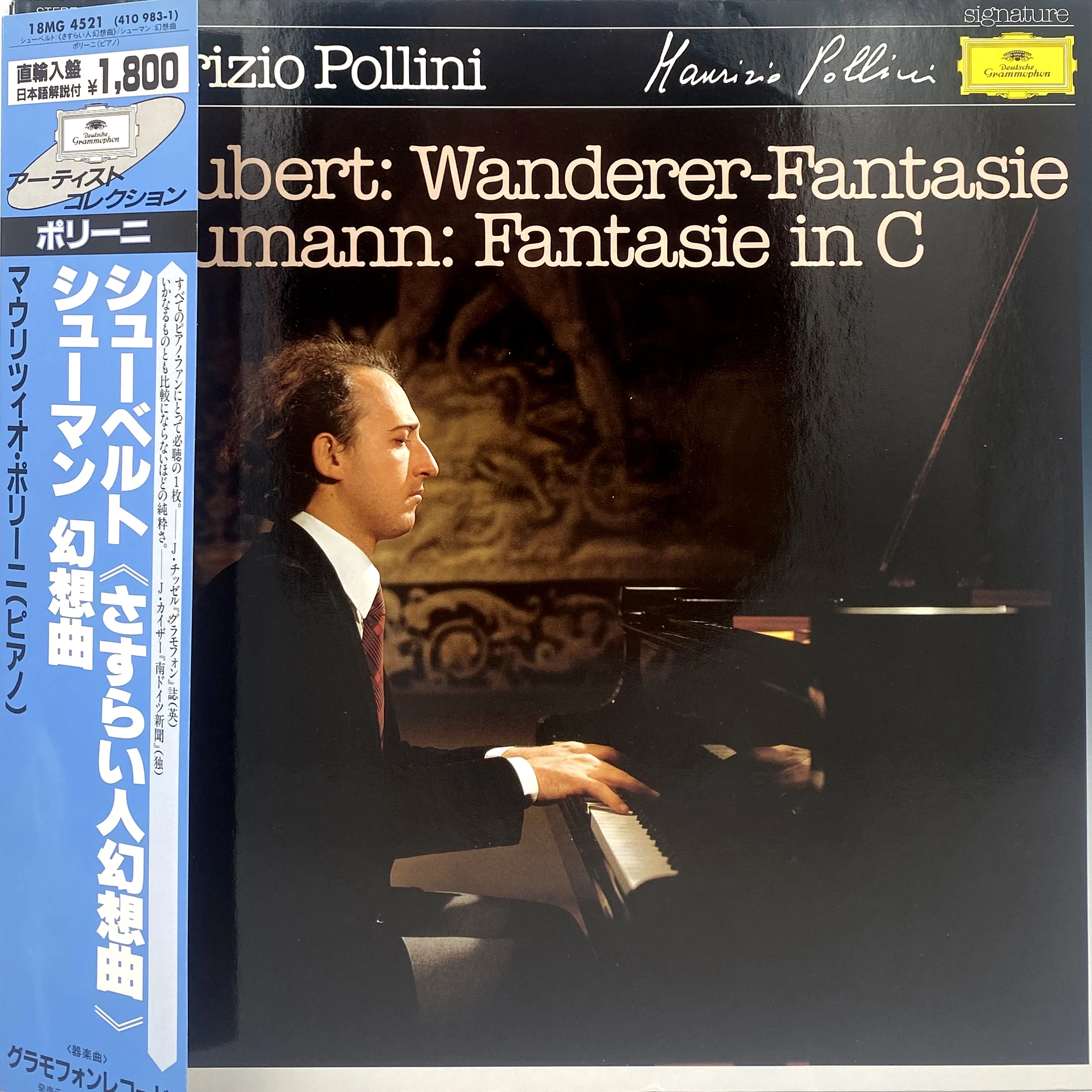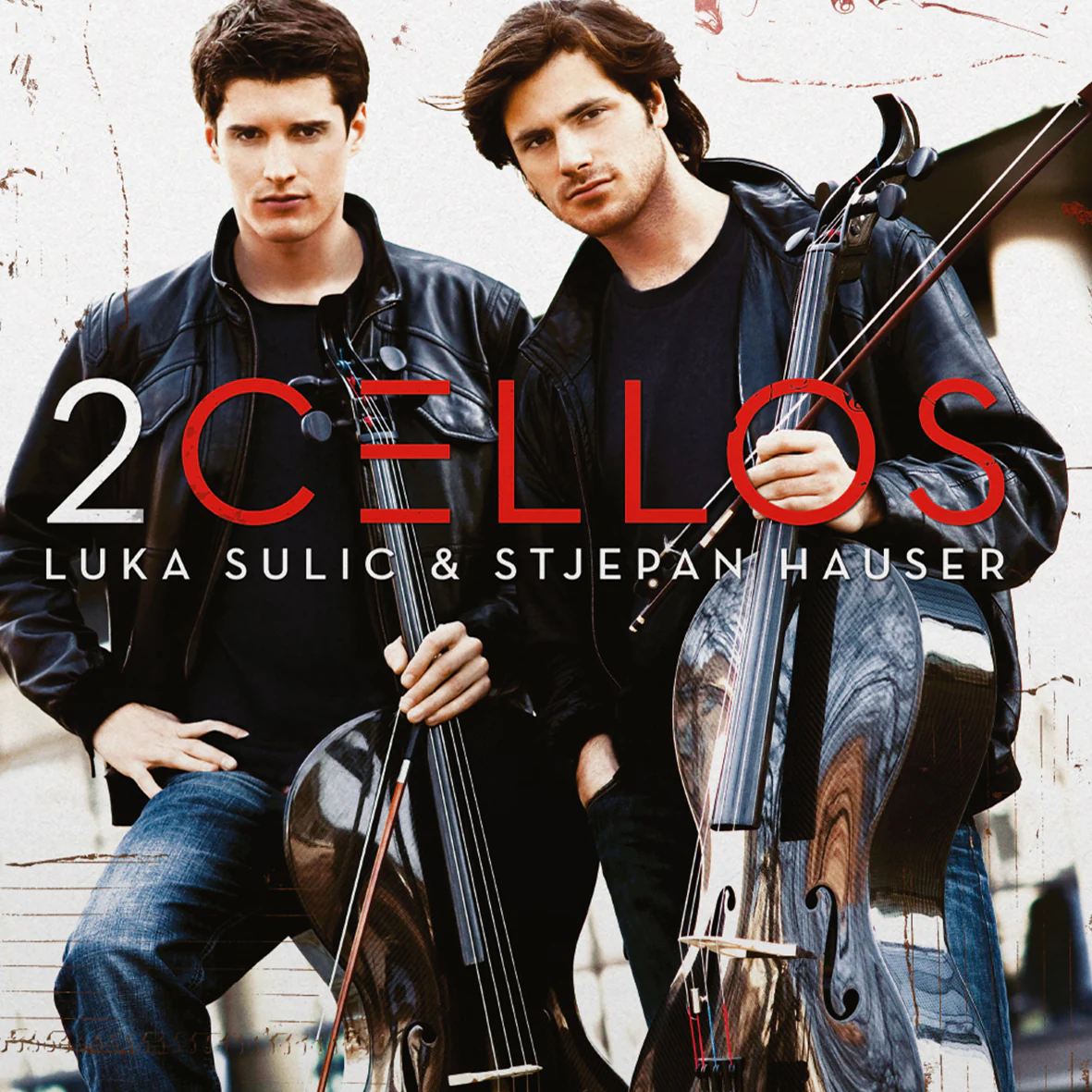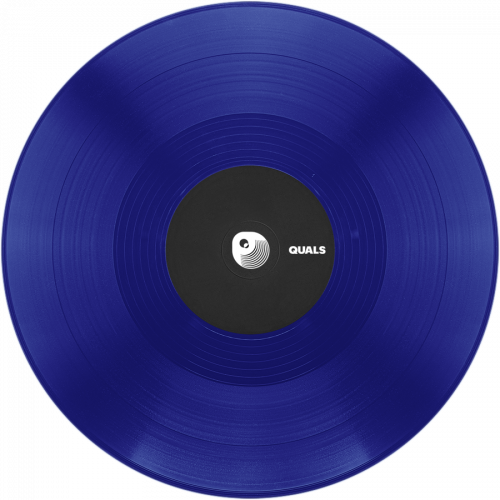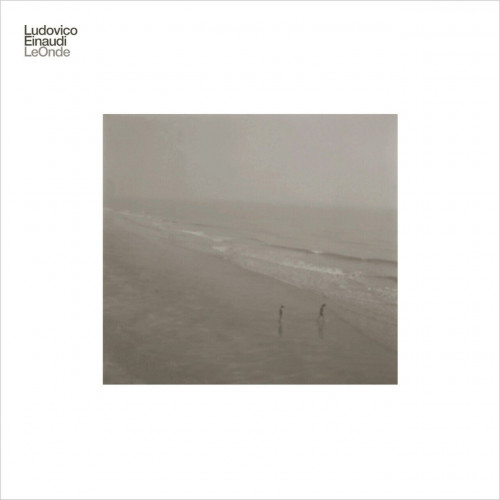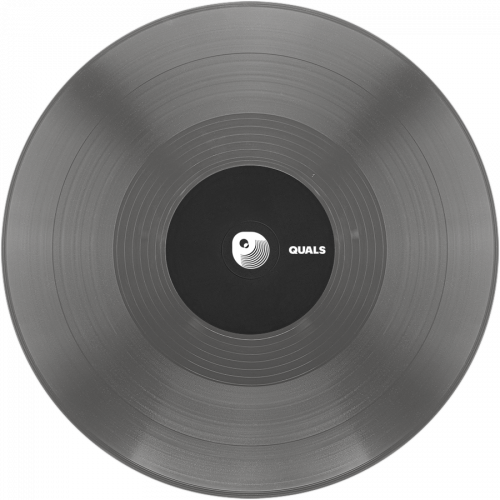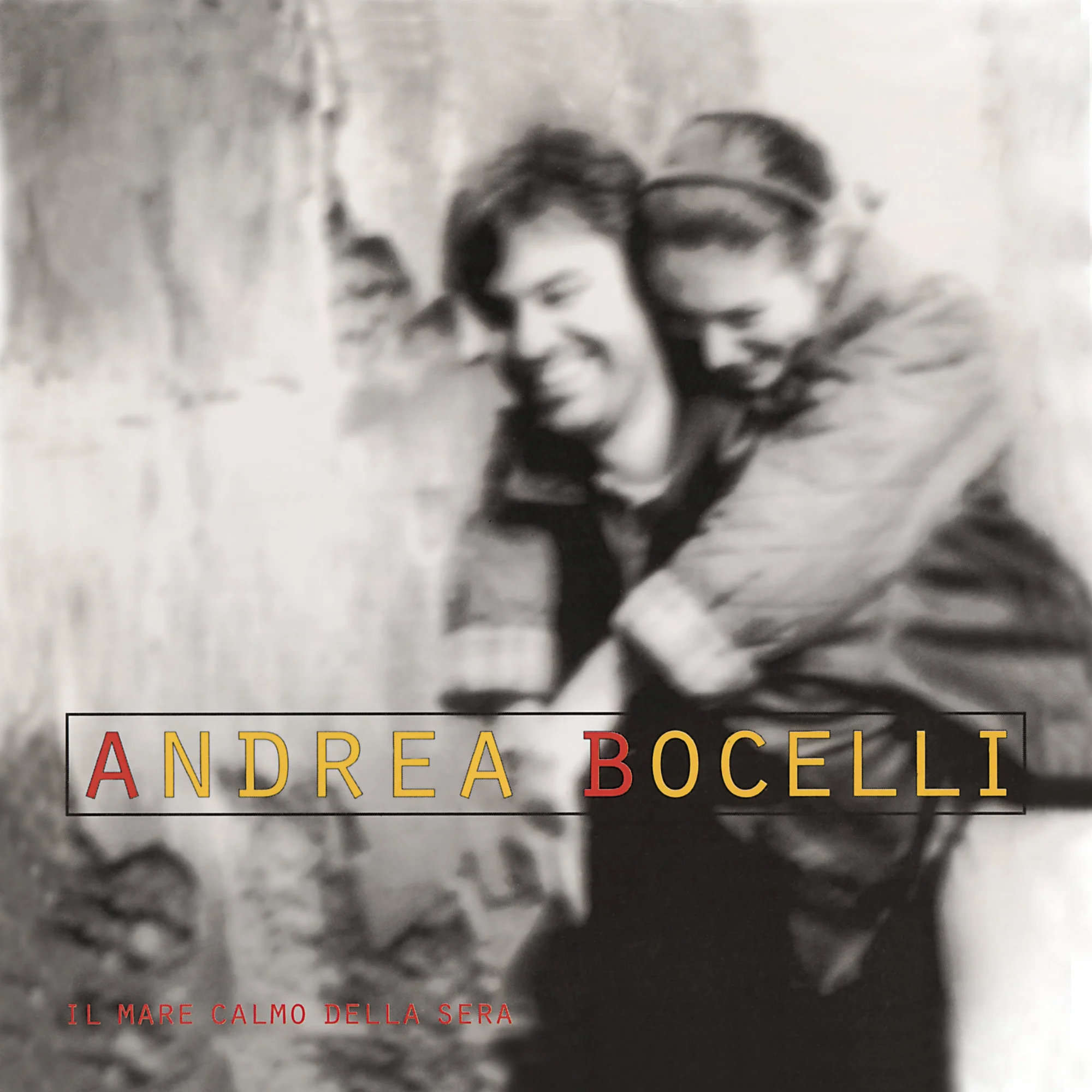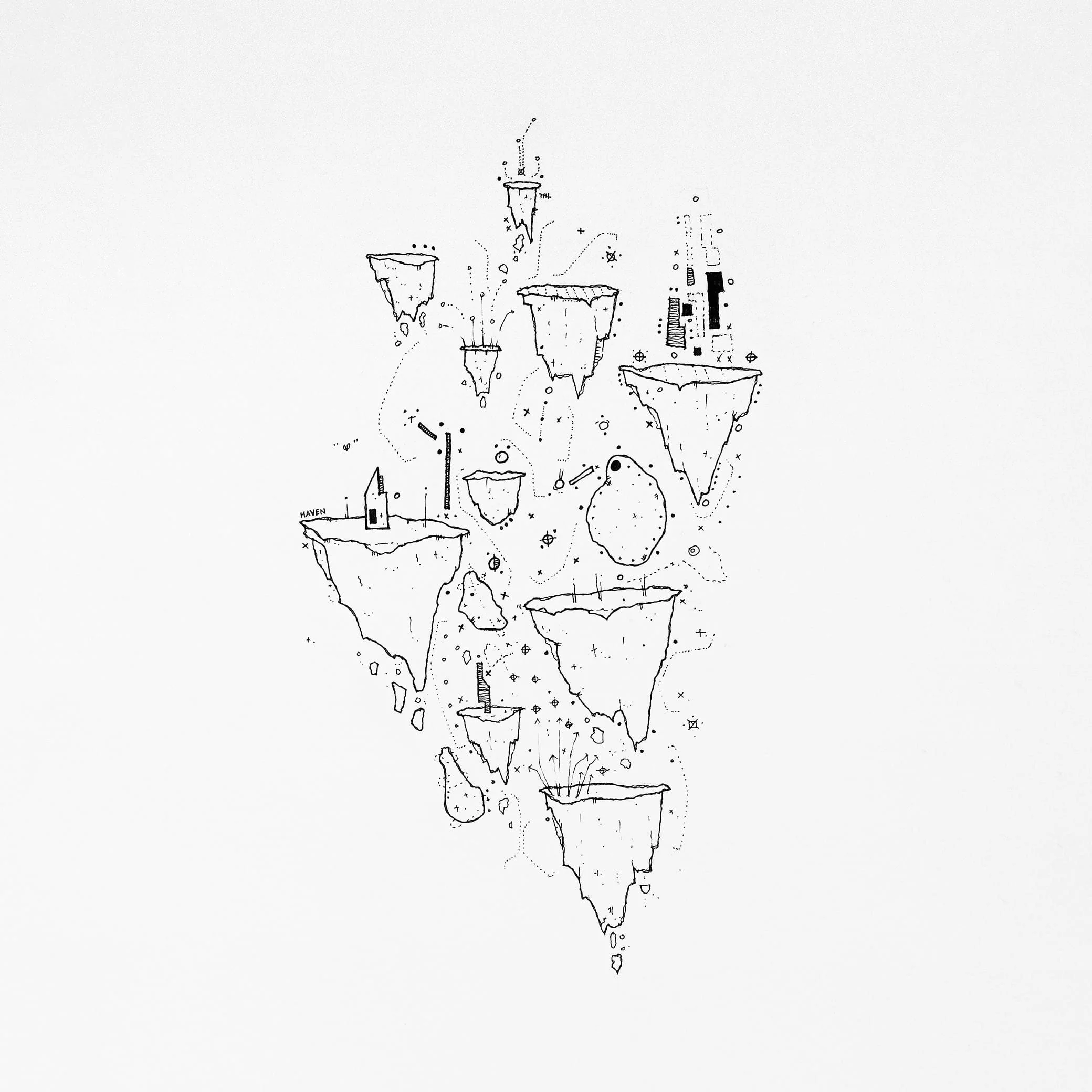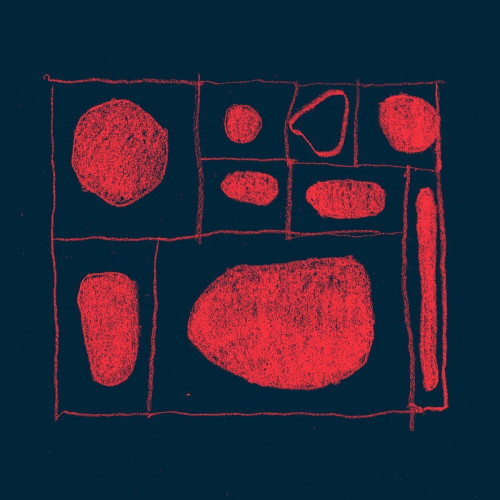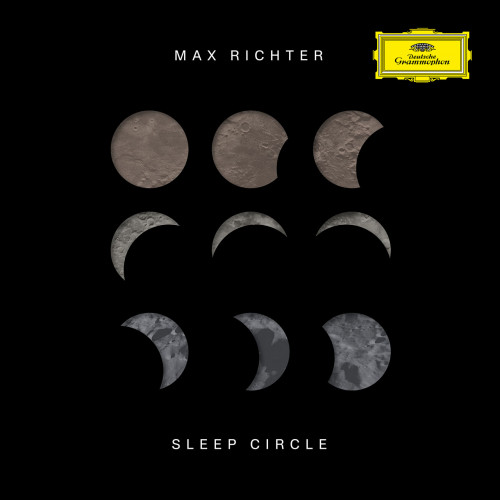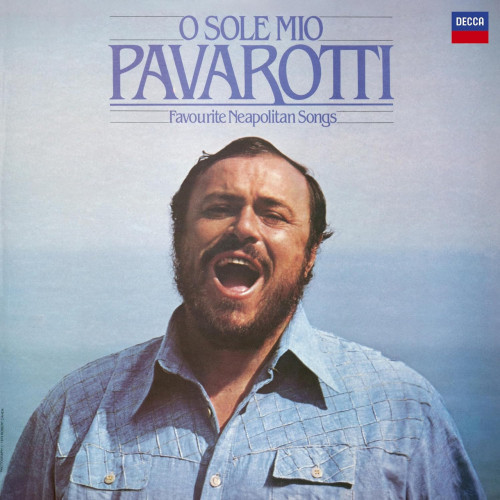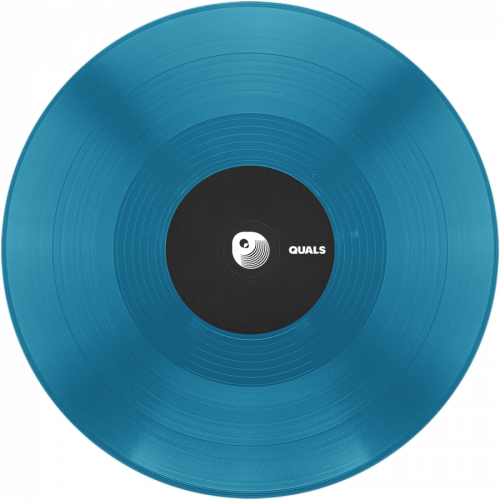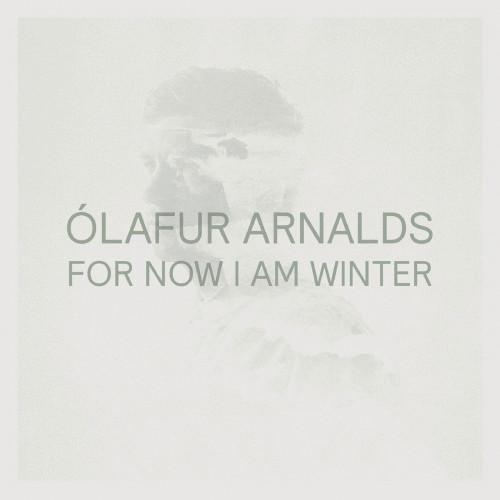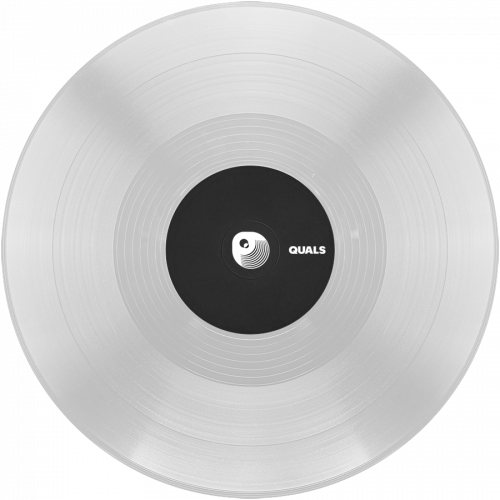Old Friends New Friends was formed during the pandemic when Fram used this time to organise his archives, realising the vast amount of recordings he had accumulated. After selecting his favourite recordings, he realised that when he listened to them together they offered "a different spectrum of freedom".
"I forgot that some compositions are ten years old, some are two years old, and all played on different pianos. Instead, I remembered how much I, as a fan, love albums like this. On a lot of my records there's a moment where you feel, "This is the centrepiece," but here I didn't bother with that. But I'm proud that all these things that I didn't find a way to bring together before are now coming together. It's like me throwing flowers indiscriminately into a vase and then realising that everything looks exactly right."
One can only guess how difficult it was initially to select contenders for the general public from the wealth of choice, as even picking highlights from old and new songs is no easy task. Nevertheless, among the nearly 80-minute collection of music are "Rain Take," which combines the sparkling shimmers of his instrument with the distant sound of a downpour outside the window; "Wedding Walzer," a Satie-inspired piece so soulful that Frahm's pedal work threatens to overshadow its delicate melody; the unexpectedly moving "Then Patterns," the exquisitely graceful "Acting," and the redemptive, radiant "The Chords Broken Down." Obviously, there's a lot more to it than just excerpts, as Fram effortlessly explained.
"Often the tracks that don't make the album are the ones that are the boldest and brightest."
Frahm has other reasons for releasing this record, including a desire to preserve his legacy in an era where "bonus material" is in constant demand. "The nature of the mind - and the hard drive - is that you forget a lot of things," he says, "and I hate the idea that someone might be going through my stuff trying to find something I've forgotten. I'll probably burn everything before I go, but these are the things I wanted to put out. So this is the original Nils Frahm, so to speak, not someone curating scraps."
In addition, Frahm felt an urgent need to clean up before taking the next step. His debut album Streichelfisch was released 16 years ago, and since then he's not only worked extensively solo, but also collaborated extensively with friends such as Olafur Arnalds, Peter Broderick, F.C. Blumm, Library Tapes and Anne Müller.
"My intuition," he says, "tells me that it's easier for me to start again if the body of work of the last ten years or so is organised to such an extent that I don't have to worry about it anymore. It's time to let go of the past, but in order to never think about it again, I have to deal with it first."
Whether or not it would be wise to add to the considerable amount of music he's released in recent years, Frahm isn't worried. "History tells us that people sometimes listen to records years later and they still like them, so hopefully my music isn't tied to a specific date. If people hear it for the first time in, say, 20 years, they won't worry about when it came out, or whether something else came out in the same year." And anyway: Who knows? Maybe at some point I won't release any albums for five years!".
As for how he feels about releasing music to the world, Frahm just laughs. "It's like when your kids finally move out when you're 23 and you realise, 'Shit, this could have happened years ago!
